i
i
Vientiane, 25 July 2024
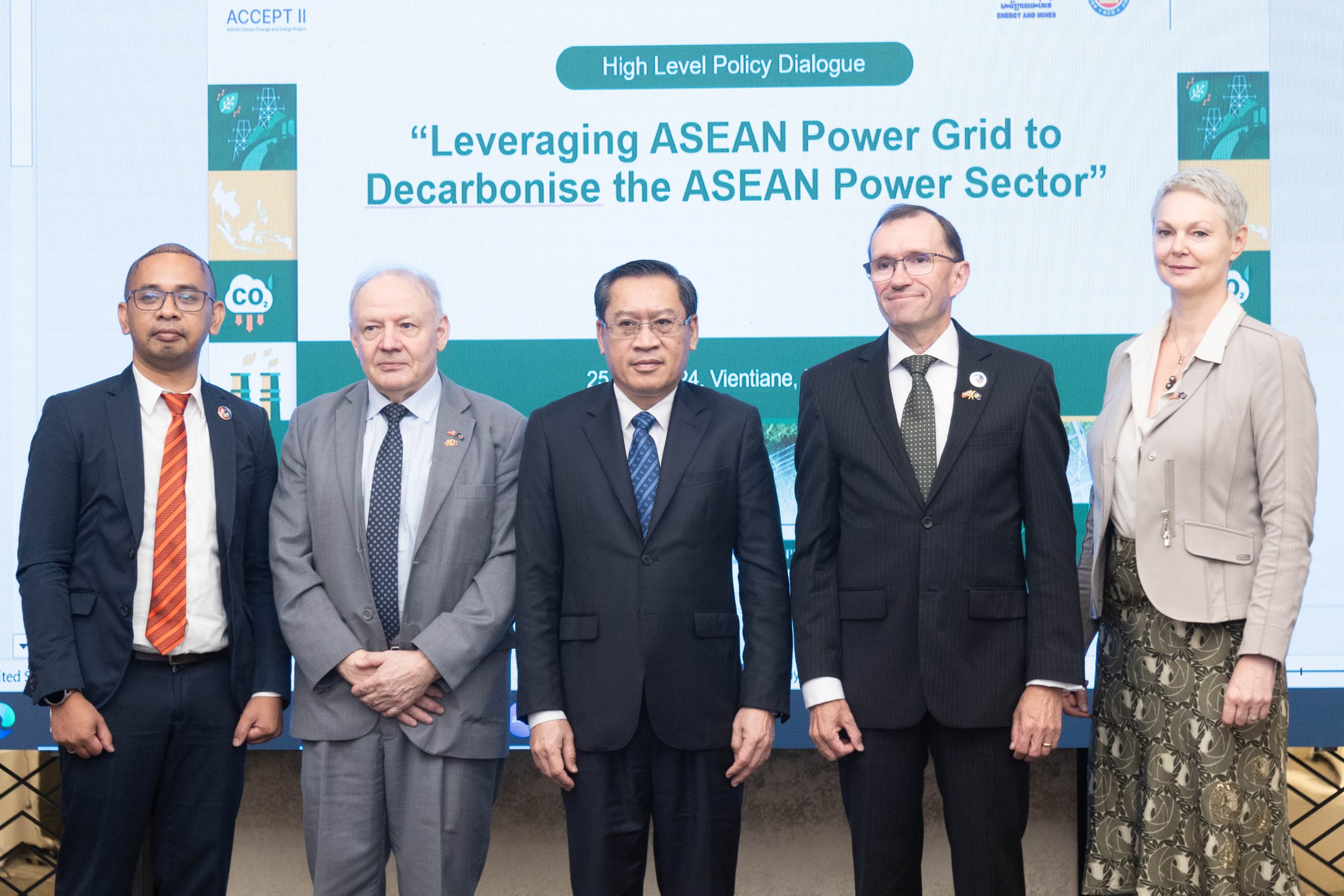
Figure 1. (left to right) Beni Suryadi, Project Manager of ACCEPT II, H.E. Kjell Tormod Pettersen, Ambassador Norway to ASEAN, H.E. Phosay Sayasone, Minister of Energy and Mines, Lao PDR, H.E. Espen Barth Eide Minister of Foreign Affairs of Norway, and H.E. Hilde Solbakken, Ambassador Norway to Vietnam and Lao PDR.
The ASEAN Centre for Energy, through the ASEAN Climate Change and Energy Project (ACCEPT), has been active in facilitating knowledge sharing on ASEAN’s energy-climate nexus through policy advocation, information exchange, and bridging collaborations. As a part of the ASEAN Plan of Action for Energy Cooperation (APAEC), it serves as an instrumental project that integrates energy and climate policies across ASEAN Member States (AMS), further driving the region towards a carbon neutral community. The 7th ASEAN Energy Outlook (AEO) predicts a 30% surge of energy demand by 2030, and a 170% overall increase by 2050 compared to 2020 levels. This makes the region’s need to balance energy security while simultaneously reducing carbon emissions more crucial than ever.
One of the key programmes developed by the APAEC, which is the ASEAN Power Grid (APG), aims to address this issue of balancing energy security. The APG’s objectives include expanding regional electricity trading, enhancing grid resilience and modernisation, and integrating clean and renewable energy including hydropower. It plays a pivotal role in decarbonisation and facilitating interconnectivity between AMS. Therefore, it is imperative that its obstacles and recommendations are identified for the success of the APG moving forward.
To enhance and support discussions among regional interconnectivity, ACCEPT’s High Level Dialogue on “Leveraging ASEAN Power Grid to Decarbonize the ASEAN Power Sector” was formally held in Crown Plaza Vientiane Hotel, Vientiane, Lao PDR, on 25 July 2024. Hosted by the Ministry of Energy and Mines of Lao PDR with support from the Norwegian Ministry of Foreign Affairs, the event is conducted under the theme of Lao PDR’s ASEAN Chairmanship of 2024, which is “ASEAN: Enhancing Connectivity and Resilience”.
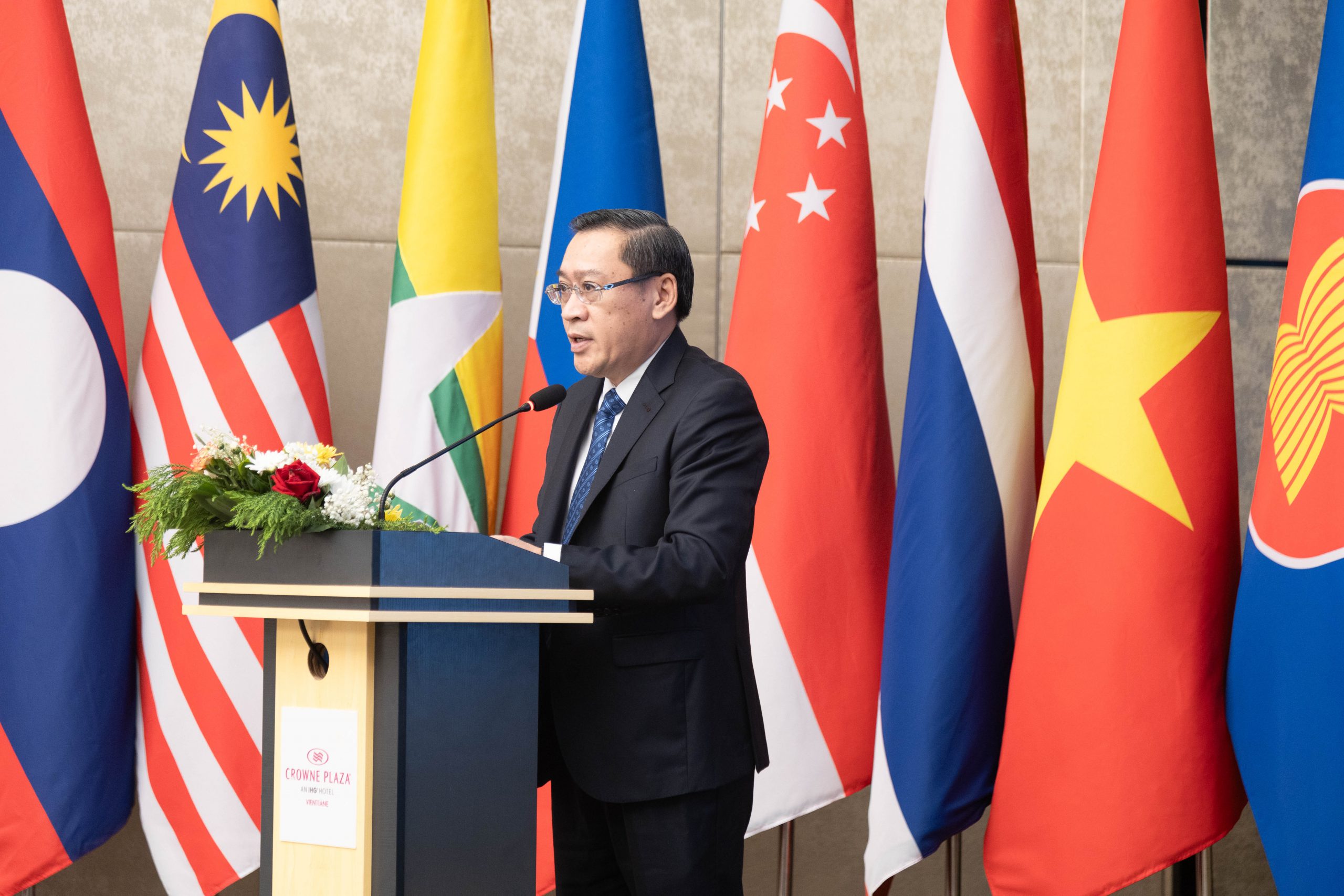
Figure 2. H.E. Phosay Sayasone, Minister of Energy and Mines of Lao PDR delivering his opening remarks.
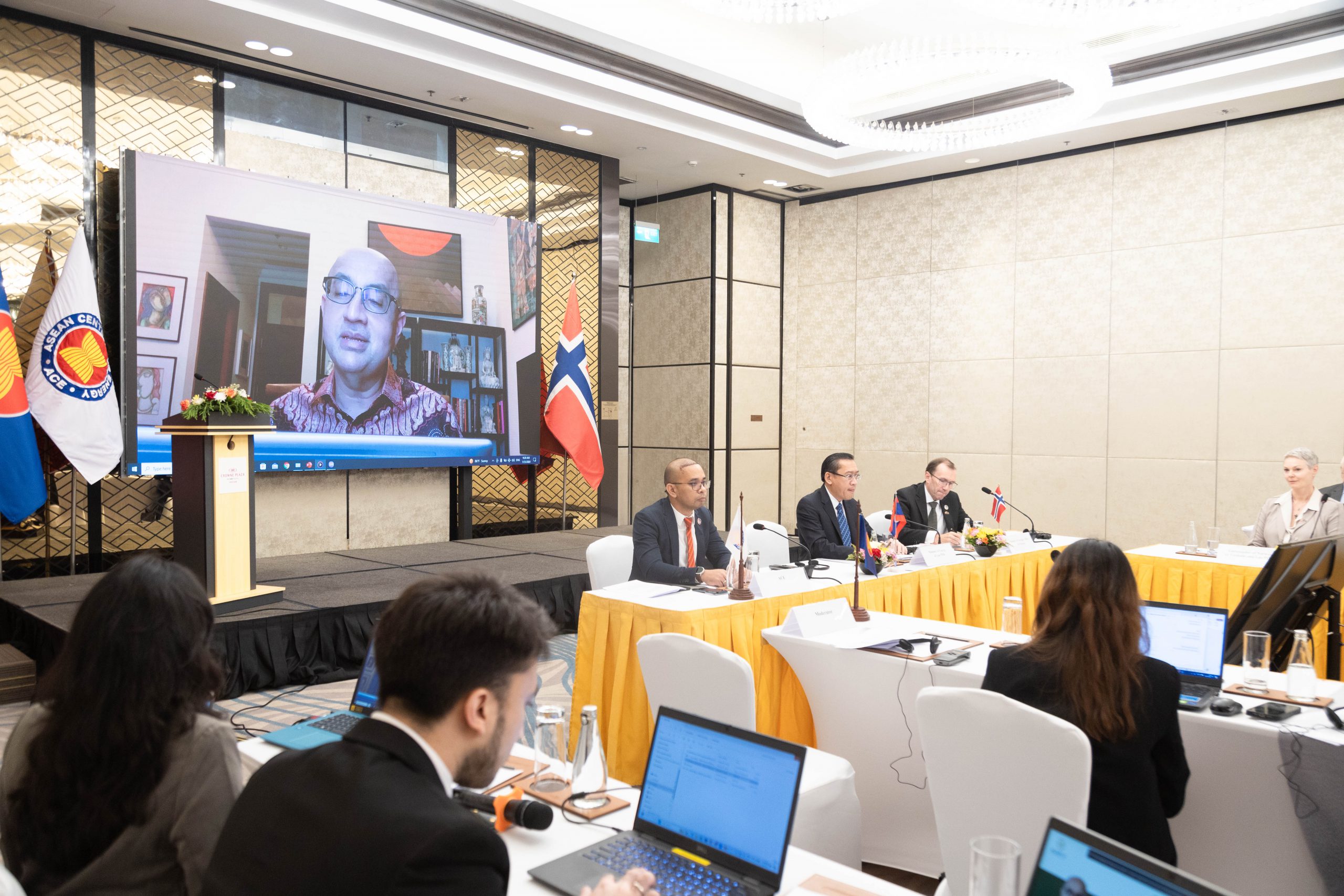
Figure 3. H.E. Satvinder Singh, Deputy Secretary-General of ASEAN, delivering his opening remarks
In his welcoming remarks, H.E. Phosay Sayasone, Minister of Energy and Mines of Lao PDR, expressed that hosting these pivotal events in Lao PDR underscores the country’s role in supporting regional efforts towards a sustainable and low-carbon future. He noted that the ACE, through ACCEPT, plays an essential role in facilitation regional cooperation and initiatives like the APG. Moreover, he emphasised the significant effort to have more collaboration on the energy sector is needed to achieve carbon neutrality in ASEAN. In addition, he also addressed Lao PDR’s commitment to reduce carbon emission has been showing a significant progress.
H.E. Satvinder Singh, Deputy Secretary-General of ASEAN, also mentioned that this dialogue was held in a very timely manner, as it gathered representatives of various AMS to get different perspectives of leveraging the APG. Moreover, he noted that the event could be a good discussion platform for AMS to exchange knowledge and best practices to move towards a carbon-neutral future in ASEAN.
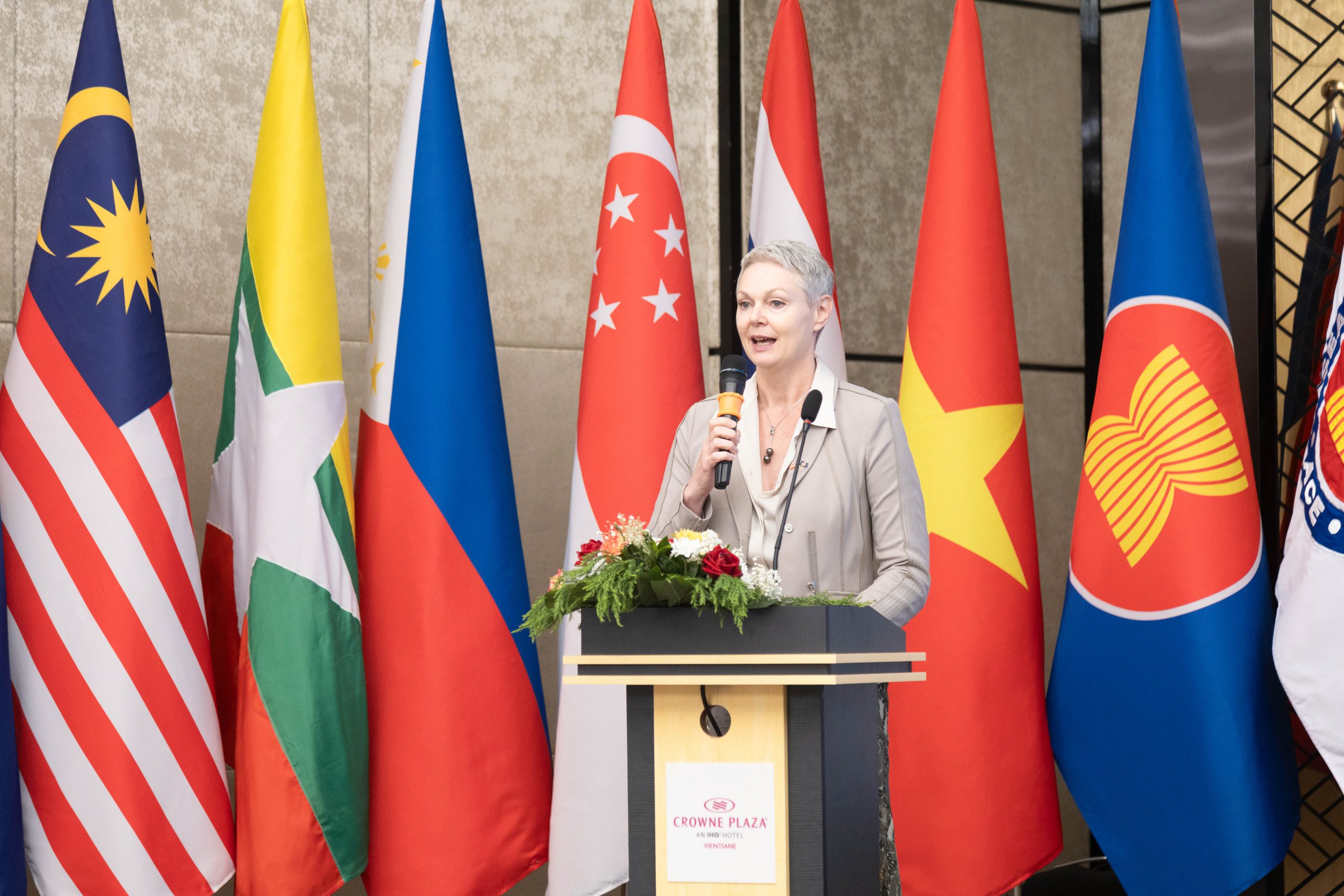
Figure 4. H.E. Hilde Solbakken, Norway’s Ambassador to Vietnam and Lao PDR, delivering her opening remarks.
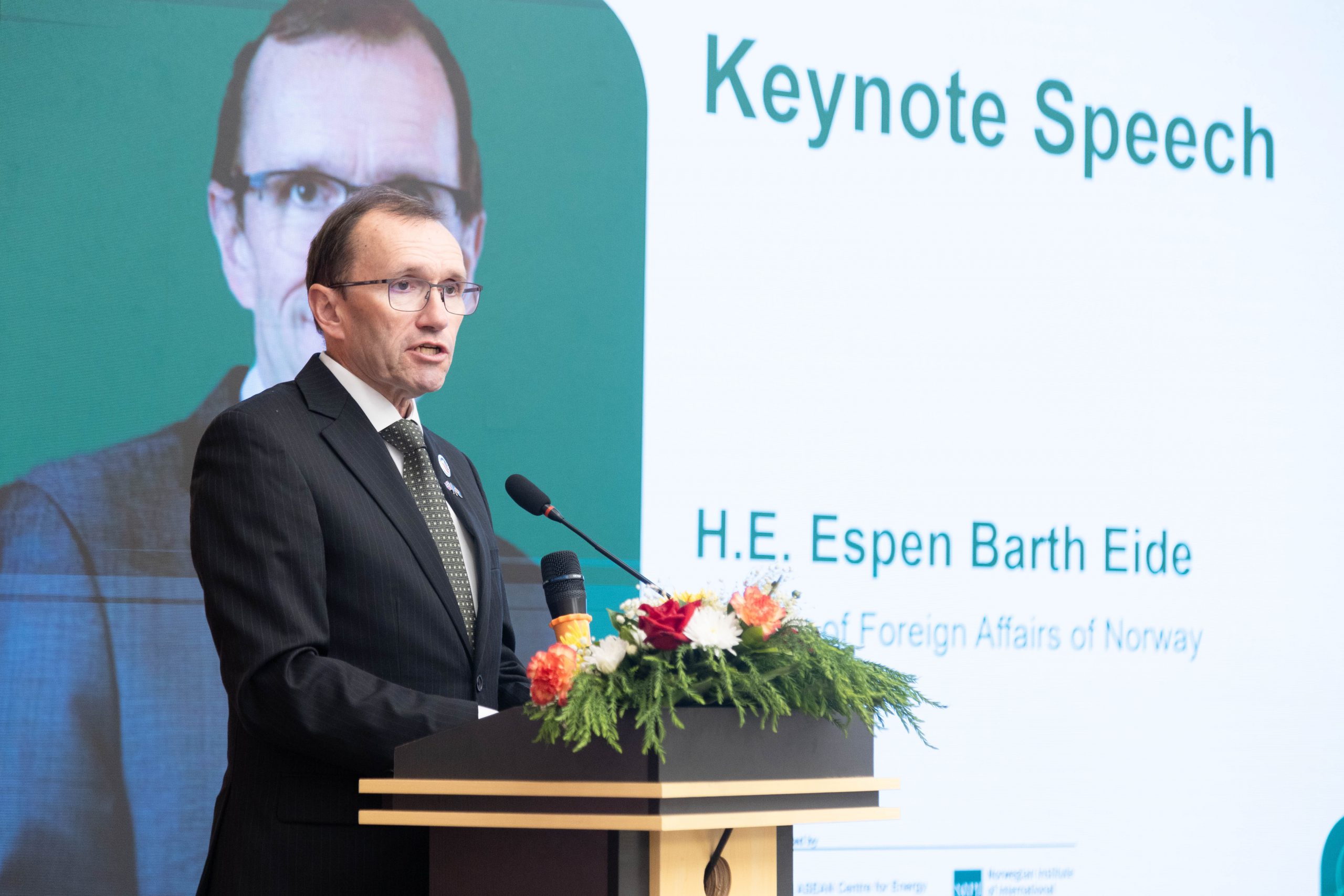
Figure 5. H.E. Espen Barth Eide, Minister of Foreign Affairs of Norway delivering his opening remarks.
Similarly, H.E. Hilde Solbakken, Norway’s Ambassador to Vietnam and Lao PDR, also expressed her delight in being able to attend this high-level policy dialogue. She emphasised on how regional efforts could significantly increase the progress of each country in attaining the carbon neutral target as part of the international commitments. She is pleased to welcome all AMS to actively participate in the discussion and exploring more opportunities to work together and tackle climate change impact in the region.
Meanwhile, H.E. Espen Barth Eide, Minister of Foreign Affairs of Norway, mentioned Norway’s commitment in supporting ASEAN’s energy transition in his keynote speech, believing that the APG offers great potential in reducing carbon emissions through regional cooperation and integrating hydropower alongside other renewable energy resources. He conveyed that ACCEPT will be vital in driving these initiatives forward. As he mentioned that the electricity sector plays an important role for energy supply and demand, therefore, the discussion will open more fruitful insights for ASEAN and Norway to work together and unravel potential collaboration in accelerating the energy transition.
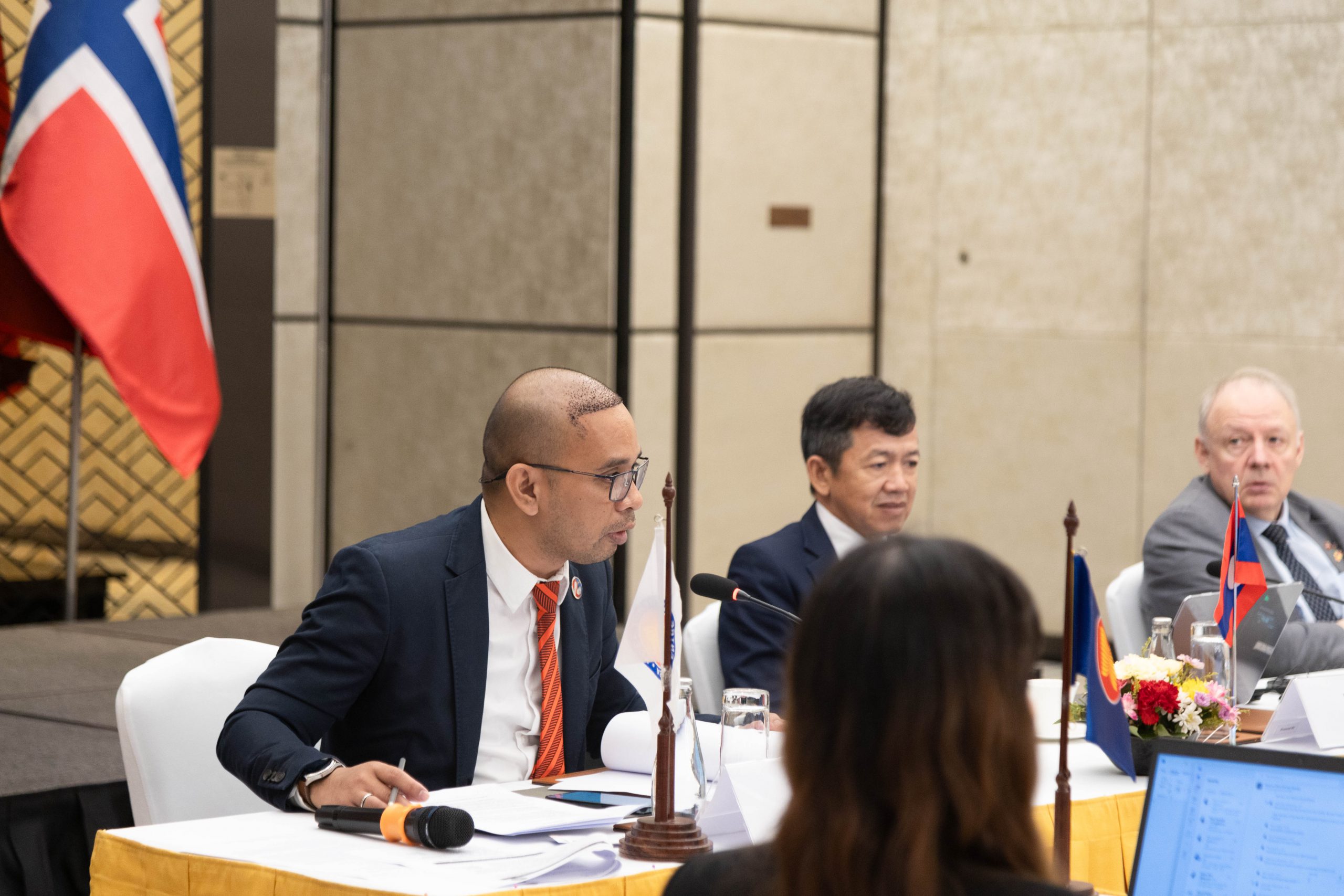
Figure 6. Beni Suryadi, Project Manager of ACCEPT II, as moderator of the roundtable dialogue
The event consisted of two roundtable dialogues focused on different aspects of the APG. Moderated by Beni Suryadi, Head of the Power, Fossil Fuel, Alternative Energy and Storage Department at ACE and Project Manager of ACCEPT II, the first discussion adopted the central theme of “Opportunities and Challenges in Utilising the APG to Achieve Carbon Neutrality in ASEAN”.
On this session, high-level delegates discussed topics surrounding technical challenges of the APG and explored infrastructure upgrades for renewable energy. This covered themes such as APG’s role in reducing the overall carbon footprint of ASEAN countries and several financial and economic obstacles that have arisen due to the maintenance of the APG. Lastly, panelists also shared their experiences in overcoming initial challenges posed by the APG and their future steps to enhance APG’s capacity and efficiency.
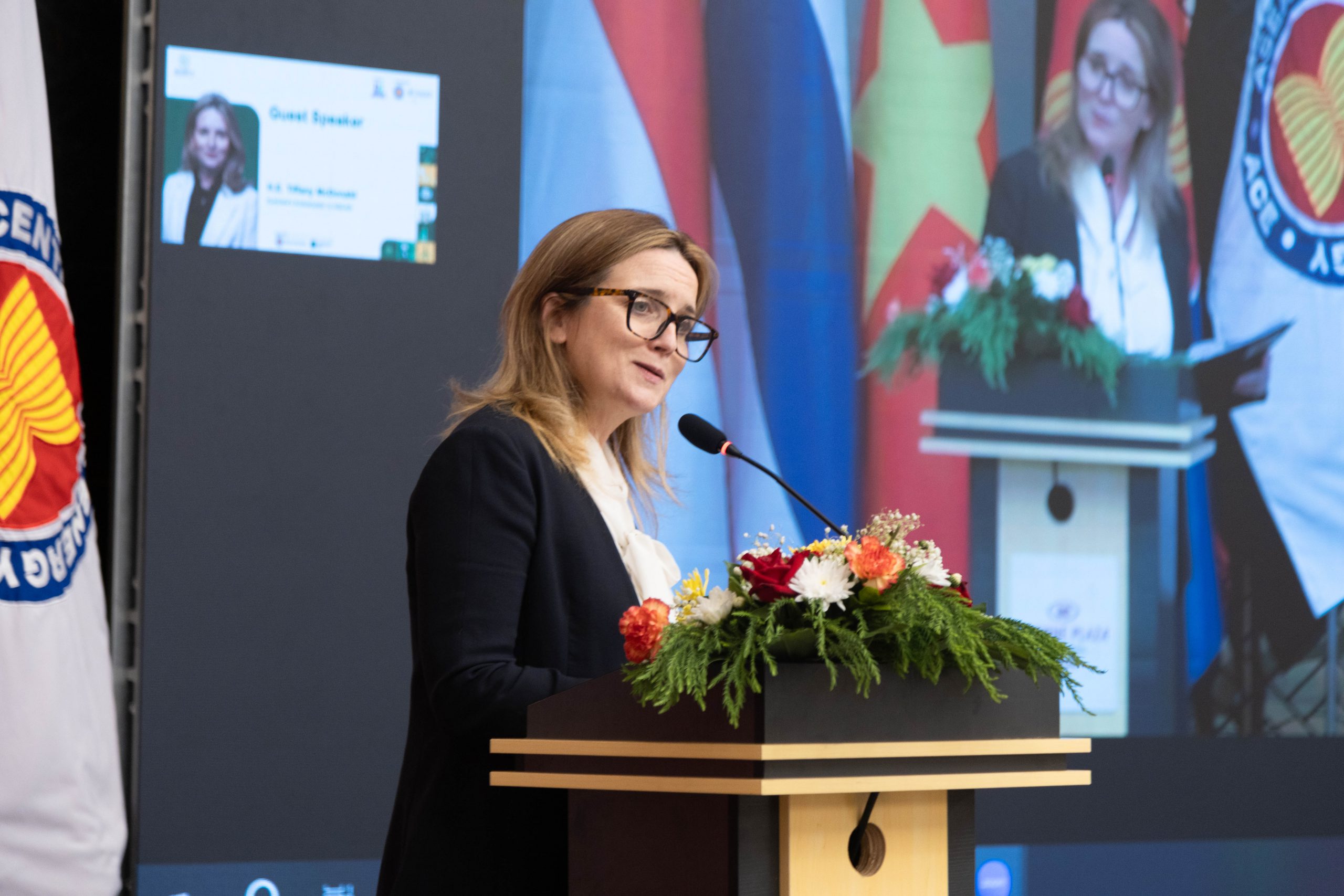
Figure 7. H.E. Tiffany McDonald, Australia’s Ambassador to ASEAN as Guest Speaker for roundtable discussion
H.E. Tiffany Mcdonald, Australia’s Ambassador to ASEAN, welcomed the second roundtable discussion as the guest speaker. The second session, entitled “The Role of Policy Measures in Achieving Carbon Neutrality through the ASEAN Power Grid (APG)”, emphasised the necessity to have clear targets and guidelines to achieve carbon neutrality in the region. She conveyed her enthusiasm to collaborate and share knowledge among AMS and Australia. Moreover, she underscored that a unity effort is required to achieve regional decarbonisation, in which could be attained through collaborative works between governments. Aligned with the 50 years celebration of partnership between Australia and ASEAN, Ambassador McDonald highlighted how progressive the cooperation in particular for supporting clean energy deployment in the region. Additionally, she also recognised the important role of Norwegian Government in guiding and providing significant contributions for ASEAN in order to reduce emission on the energy sector. The partnership between Australia, ACE, and ASEAN will create new milestone on the energy sector in particular to the ASEAN Power Grid improvement. Taking notes from Australia’s rapid development of green energy technologies, she addressed that knowledge dissemination, capacity buildings, supply chain regulations, financing and investment policies are equally important to unlock the environmental and social benefits for the ASEAN region. Furthermore, regional bodies and international organisations’ role in supporting policy alignment for the APG, realizing the need to maintain regional collaborations to progress the APG.
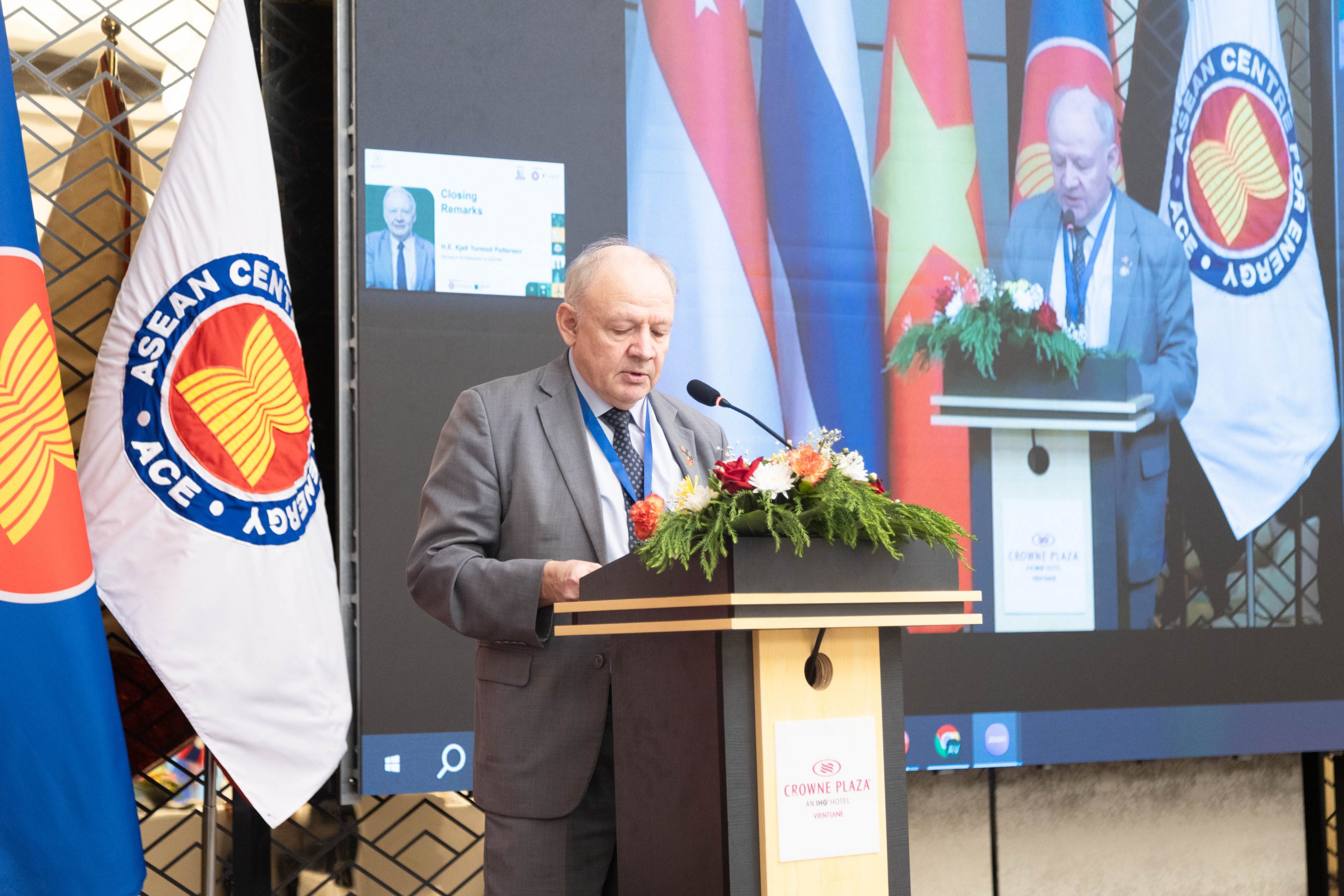
Closure of the dialogue featured remarks from H.E Kjell Tormod Pettersen, Norway’s Ambassador to ASEAN. Ambassador Tormod mentioned that one of Norway’s adjectives in its cooperation with ASEAN is to identify strategies in their bilateral relations. Therefore, he expressed that he is pleased that this high-level policy dialogue on leveraging the APG can be held in Lao PDR.
Beni Suryadi, Project Manager of the ASEAN Climate Change and Energy Project, also delivered his closing remarks and underscored the necessity to have a unified effort in decarbonising the energy sector. He mentioned that the outcomes and recommendations developed on this high-level policy dialogue will play a key role in the future development of the APG. Moving forward, Mr. Beni anticipates further regional partnerships that aim to promote more climate actions in the ASEAN region. He believes that to achieve a carbon-neutral region, it is essential to maintain interconnectivity among regions, especially in the energy and power sectors.
This event is also featured by national and regional media outline as mentioned below. Please click the download button for the details.
Join our ASEAN Researchers Network on Climate Change (ARNECC) by registering yourself here. Become a part of our collaborative efforts to address pressing climate challenges and shape a sustainable future.
Detailed information on ACCEPT II can be found at https://accept.aseanenergy.org/
Stay updated with ACCEPT’s latest news and events by following our instagram @asean_accept
We welcome any future collaboration, please feel free to contact us at [email protected]
(AZD and IP)